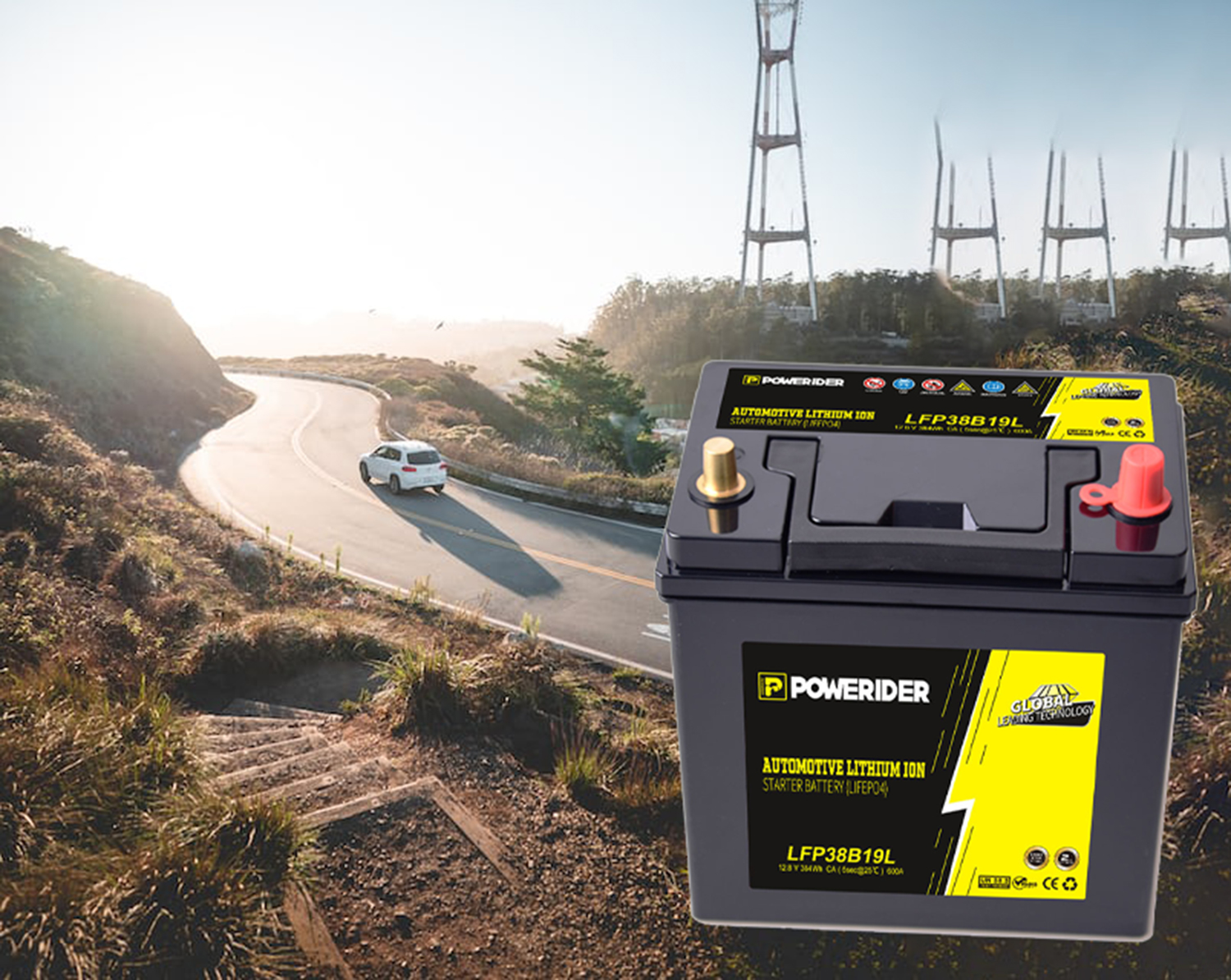
Privacy statement: Your privacy is very important to Us. Our company promises not to disclose your personal information to any external company with out your explicit permission.
At present, large-scale commercial secondary Lithium Batteries generally use liquid organic carbonate electrolytes, but leakage, flammability, explosion and other safety issues limit the further application of this type of electrolyte.
All-solid-state polymer electrolytes (ASPEs) have the advantages of good safety performance, high energy density, wide operating temperature range and long cycle life, which is one of the hot topics in the field of Lithium Iron Phosphate Battery. ASPEs usually have excellent mechanical properties and can well inhibit dendrite growth during charging and discharging of lithium metal electrodes. Therefore, ASPEs also have very important application prospects in the field of lithium metal batteries.
Several ASPE systems are being investigated, including polyethylene oxide (PEO)-based systems, polycarbonate-based systems, polysiloxane-based systems and polymer lithium single ion conductor systems.
PEO-based ASPEs are one of the earliest and most studied ASPEs. However, its high crystallinity makes it difficult to transport Li + at room temperature and its ionic conductivity is low. Therefore, researchers have developed a number of methods to reduce the crystallinity of PEO and increase the ionic conductivity.

Polycarbonate-based ASPEs backbone structure contains a strong polar carbonate group and amorphous state at room temperature, making the lithium salt easier dissociation, and room temperature ionic conductivity generally higher than the PEO-based, is more potential PEO-based ASPEs alternative materials.
In addition to carbon chain polymers, polysiloxane-based ASPEs with lower glass transition temperatures are also of interest to researchers due to their high ionic conductivity.
In the process of charging and discharging Maintenance Free Battery LiFePO4 Battery, Li + is the effective carrier, and the migration of anions in the electrolyte increases the concentration polarisation of the electrolyte system. Therefore, the anions do not migrate, and the polymer lithium single ion conductors with Li + mobility numbers close to 1 are also A-class ASPEs with research value.
With regard to the application prospects and future development direction of all-solid polymer electrolytes, the research of PEO-based systems focuses on the development of organic-inorganic composite systems. Research on polycarbonate-based systems focuses on the development of blends with other polymers, with the emphasis on the alkyl system to improve the mechanical properties of the system. For the polymer lithium ion conductor system, the focus is on the design of new polyanion lithium salts with higher ionic conductivity.

Privacy statement: Your privacy is very important to Us. Our company promises not to disclose your personal information to any external company with out your explicit permission.

Fill in more information so that we can get in touch with you faster
Privacy statement: Your privacy is very important to Us. Our company promises not to disclose your personal information to any external company with out your explicit permission.